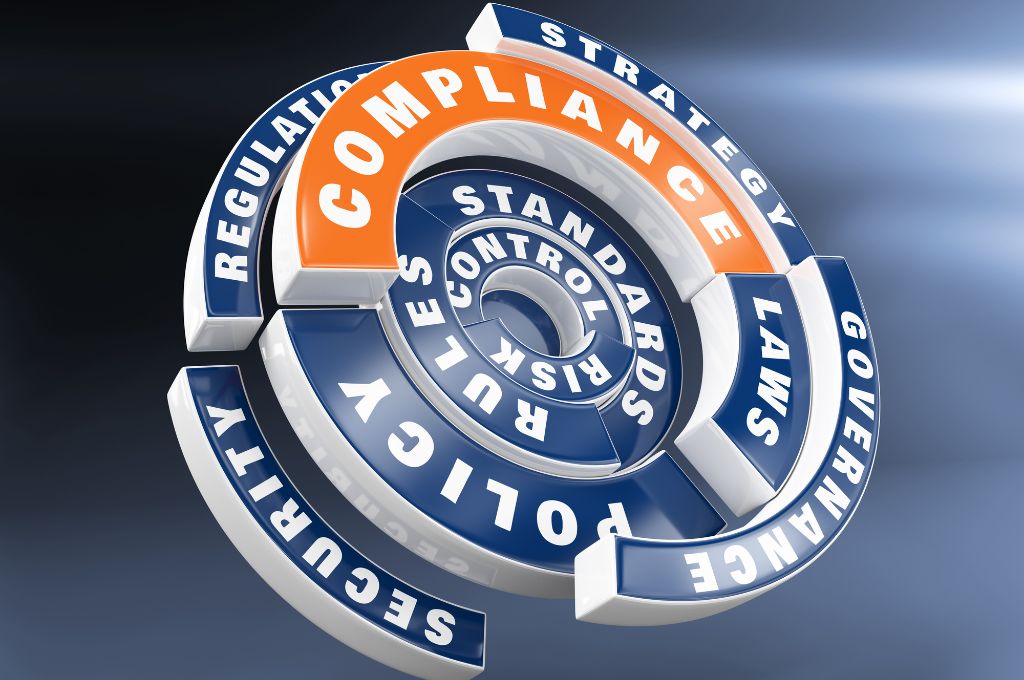In an unprecedented move to curb big tech monopolies, the European Union’s competition regulator has directed Google to divest part of its advertising operations. This landmark decision came after the regulator flagged Google’s preferential treatment of its own online advertising technology services to the detriment of rivals, advertisers, and online publishers.
To give you an idea, Google’s operations in the advertising technology industry is a bit like being both the coach and referee in a game. It has control over the ad exchange (the field where the game is played), the ad server (the rulebook), and even the ad-buying tools (the players). The EU regulators found that Google was favouring its own team (Google Ads and DV360), affecting the fairness of the game.
This move follows a two-year investigation into Google’s ad-tech sector. The regulator found that Google had been unjustly favouring its own ad exchange, AdX, during auctions run by its ad server, DFP. Furthermore, the company’s ad-buying tools, namely Google Ads and DV360, were seemingly given preferential treatment during bidding on such exchanges.
Margrethe Vestager, the competition commissioner, noted the complexity of the probe, emphasizing the highly technical and dynamic nature of the market. She added, “Each time a practice was detected, Google subtly modified its behaviour to make detection harder, but the ultimate objective remained the same.”
Responding to the decision, Dan Taylor, the Vice President of Global Ads at Google, emphasised the role their technology plays in funding website and app content and facilitating customer outreach for businesses of all sizes. He disagreed with the EC’s viewpoint, highlighting the narrow focus of their investigation on their advertising business.
In a statement coinciding with the ruling, Vestager pointed out Google’s pervasive presence throughout the ad tech supply chain. She expressed preliminary concerns that Google may have misused its market position to advantage its own intermediation services, possibly harming competitors, publishers and inflating advertisers’ costs.
With Google holding a dominant position in both selling and buying aspects of the chain, Vestager indicated that behavioural remedies or pro-competition commitments from Google might not suffice. The EU competition commissioner opined that the only solution seemed to be divestiture, given Google’s omnipresence in the value chain.
In the realm of digital advertising, Google is a goliath, accounting for 28% of all global ad revenue. A significant chunk of the company’s earnings, almost 80%, comes from advertising on platforms like YouTube, Google Maps, AdSense, and AdMob.
Previously, Google had tried to settle the case, but regulators became impatient with the slow progress and scant concessions. Alongside the EU, the UK’s Competition and Markets Authority (CMA) has been investigating Google’s ad-tech platform, echoing similar concerns about Google’s potential misuse of its dominant position.
















